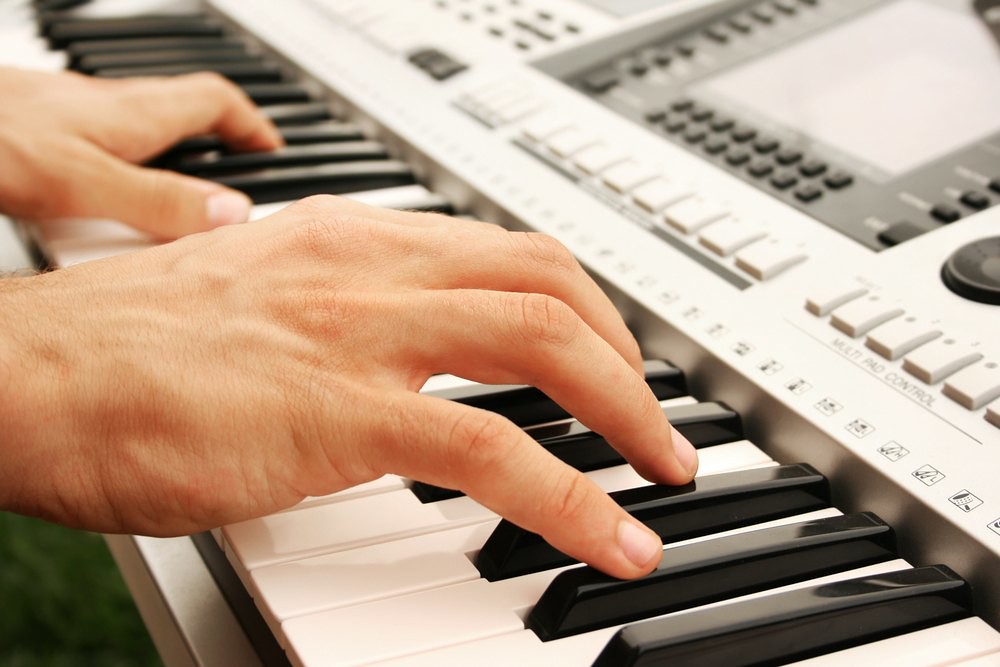 “Music and rhythm find their way into the secret places of the soul.”
“Music and rhythm find their way into the secret places of the soul.”
–Plato
All of us musicians know the restorative power of music.
In this post, I briefly look at ways in which we can bring musical healing to those who need it most: patients in hospitals, nursing homes, and other care facilities.
Healing with Music
No Experience Necessary
I encourage you to share your music in healthcare settings regardless of whether you have prior experience doing so.
If you feel unsure what it would be like to make music in a clinic, keep in mind that today’s care facilities often employ coordinators who work with artists. So you don’t need previous training to bring your music to the elderly, disabled, or infirm.
You can just contact a care facility, and, if they engage musicians, you’ll be put in touch with a designated staff person. As an example, check out the the Arts for Health Program at the Wake Forest University Medical Center in Winston-Salem, North Carolina.
Some communities host independent organizations that bring music and arts to patients. A shining example is Arts for Life, also based in North Carolina.
Typical Situations for Musicians in Healthcare Venues
Musicians who perform in hospitals, clinics, and nursing homes usually appear in spaces designed either for group activities or patient care.
Group-oriented spaces come in two basic types: activity rooms and chapels.
- Activity rooms have flexible setup options – chairs can be oriented in rows or circles, and musicians might perform and also conduct participatory activities.
- Chapels can be less flexible and more suited to concerts, but audio and video gear may allow for performances to be streamed or broadcast in patient rooms, as is the practice at the Wake Forest University Hospital.
To bring music to spaces devoted to patient care, you’ll need orientation or training, which some clinics provide.
Many musicians actually specialize in therapeutic music making, and numerous hospitals employ music therapists – for more info, see the Career in Music Therapy page on the site of the American Music Therapy Association.
Related posts:
8 Ways to Build Sustainable Music Careers
Career Strategies that Drive Creativity
Partnering with Non-Profits
Preparing for Portfolio Careers
© 2010 Gerald Klickstein

I’ve part of the Artist in Residence program at Riverside Hospital in Columbus, Ohio for over three years. During that time I’ve seen the amazing way that music is able to touch the lives of oncology patients, their families and the hospital staff. Playing and listening to music does far more good than we’ll ever realize.
Poignant story, Dennis – thanks. And a potent example of the healing power of music.
Recently, I performed at two funerals. While I might not recommend this for everyone, it was a beneficial way for me to express my feelings without having to use words. I played the Sarabande movement from the Cello Suite #6 by Bach, which is very sad. Many people asked me how I did it and I responded that I just wanted to show others how I felt without having to make a speech. It was a sad but beautiful experience and helped me feel more connected to those in attendance at the service.
Music is highly useful in healing because if the emotional part of our mind is not in a relaxed state, it is harder for our physical body to heal. Most people will agree that when they are sad they usually end up coping with the situation by listening to sad music.
The reason why music is extremely helpful is the fact that it is created to be universal. Whether you are love-sick, in love, happy, sad, or even grieving. Music is a form of communication that tells the listener that they are not alone and that they have been there to.
A friend of mine recently lost a family member and I passed the word along to listen to, “I Grieve,” by Peter Gabriel. The song really defines how not long before the passing that everything was different and that nothing has sunk in. Everything looks the same, but no-one else is home. It’s a powerful song that goes through the grieving process and delivers the message that it’s hard to move on, but finds relief in that love carries on.
Music is a powerful helping hand, so start listening!